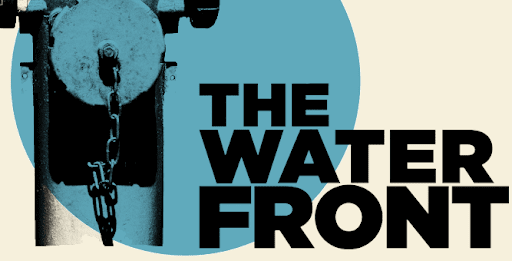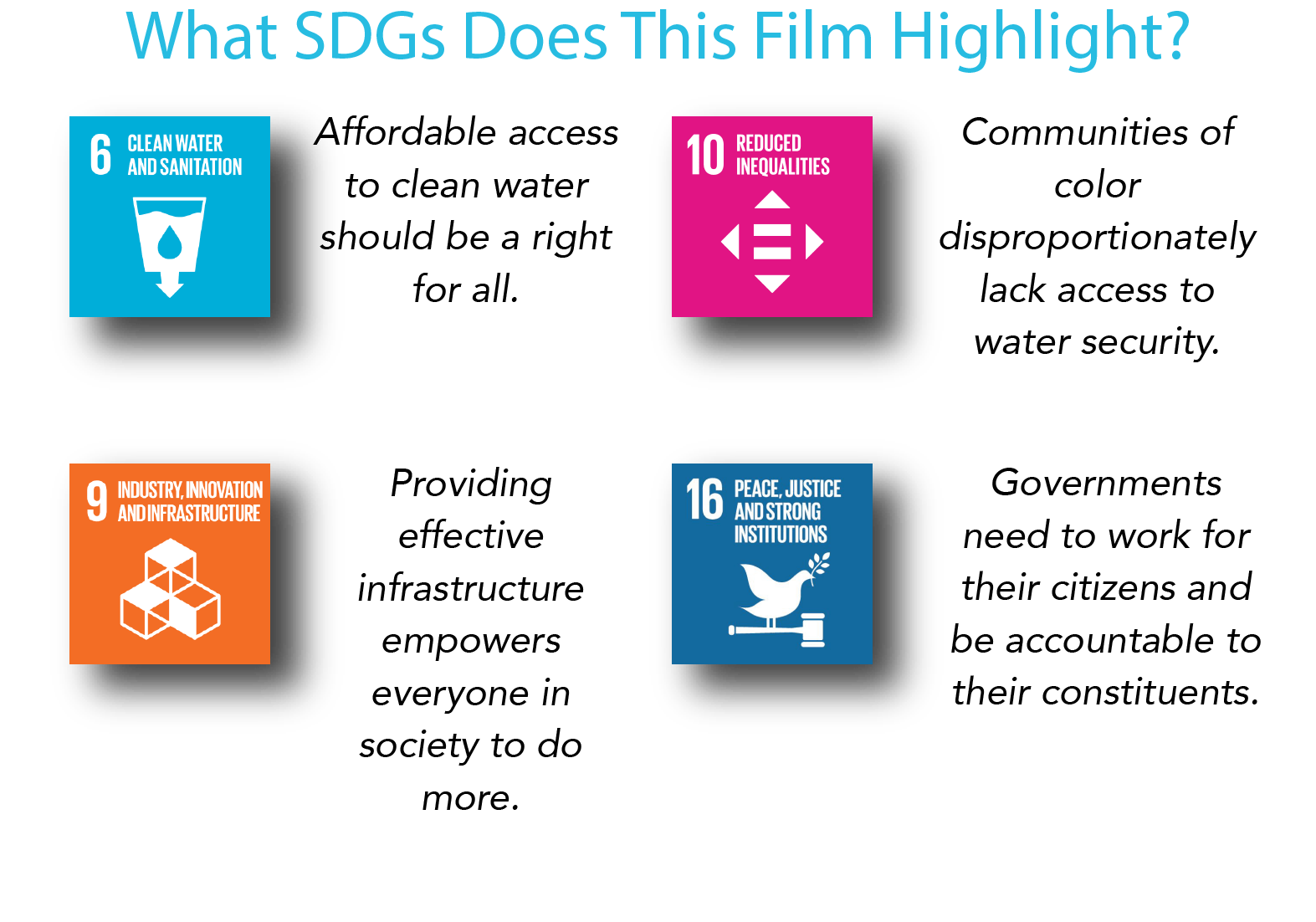The Water Front
Monday, March 22, 2021 @ 7PM (EDT)
Screened online


Liz Miller (2007, U.S., 53 min.) + post-film discussion
The environmental justice movement has spent decades trying to reverse the structural inequities built into American society that disproportionately place environmental burdens on communities of color and low-income communities. Through tireless efforts, they have raised national awareness of issues like PCB exposure at landfills in Warren County, North Carolina and uranium exposure from mining on the Navajo Nation reservation. Yet, all too often many people understand environmental justice as only being about burdens from pollution.
Liz Miller’s The Water Front offers another critical aspect of the EJ movement: security. Even when basic resources like water are clean, too often communities of color are denied basic human rights in being able to access these resources affordably. That was the case for residents of Highland Park, Michigan, a community whose economy had been hollowed out by the decline of American automobile manufacturing and tried to privatize its water system to raise funds quickly for the debt-burdened town. The decision was not by the town’s elected government but by an appointed crisis manager, who tried to balance the town’s books and raise funds to deal with generations of infrastructure neglect on the backs of the mostly African American residents who were given cripplingly high water bills. As the crisis unfolds, Miller takes us behind the lines of community action to demand justice for all.
The idea of water security is an important for communities globally and one that Penn State researchers are leading the charge to explore and protect. After the film, we were joined by faculty from Penn State’s Water Council and Penn State Extension, as well as community leaders, to consider issues of water security and environmental justice in Pennsylvania.
(Shown in partnership with the Penn State Water Council)
Miller’s film does precisely what documentaries do best: it introduces us to a problem, sticks with it without losing focus and somehow makes us care deeply about the struggles of the people in front of the camera.